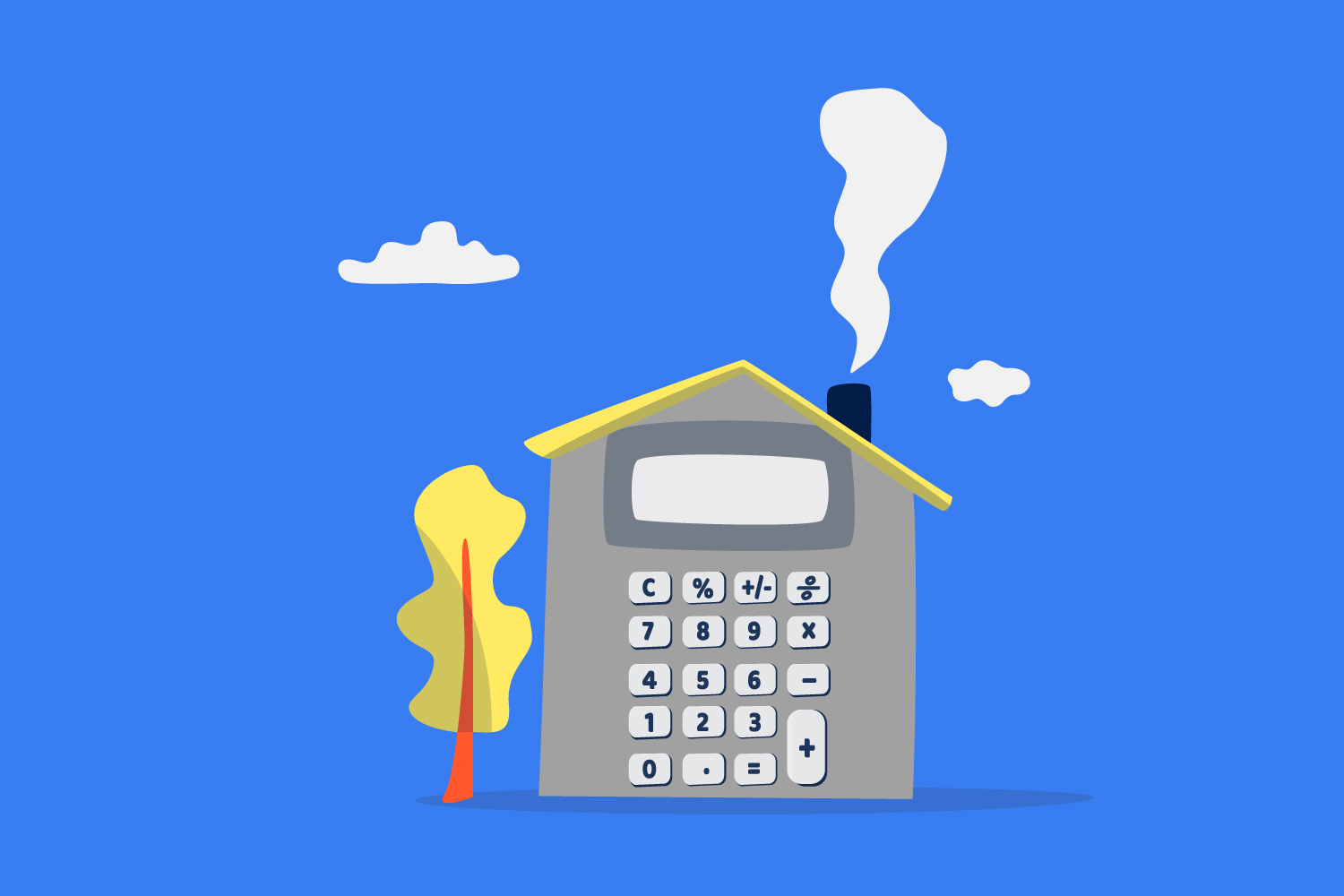
How to Use Home Equity

If you own a home in Texas, chances are you’ve built up some equity without even realizing it. Years of mortgage payments—and in many cases, past market growth—have left many homeowners sitting on tens or even hundreds of thousands of dollars in equity.
Understanding how to use home equity wisely is the key to unlocking its full potential. Whether you’re looking to renovate your space, pay off debt, or cover an unexpected expense, tapping into the equity in your home could offer a smart solution.
Before you borrow against your property, it’s important to understand how home equity works, the options available to you, and the rules that apply specifically in Texas.
What is home equity— and why does it matter?
Put simply, home equity is portion of the property that you own. It’s calculated as the difference between what your home is worth and what you still owe on your mortgage. For example, if your home is valued at $350,000 and your remaining mortgage balance is $200,000, you have $150,000 in equity.
Over time, equity tends to increase as:
- You pay down your mortgage.
- Your home appreciates in value due to market conditions.
- You make home improvements that increase its worth.
Many people think of equity as something to consider when planning to sell your home. But that equity doesn’t just have to sit there until you’re ready to sell— it can be a way to reach your financial goals now.
How to Use Equity in Your Home
Whether you’re renovating your kitchen or consolidating high-interest debts, your home equity can be useful. Here’s a look at the most common—and practical—ways to access your equity in Texas.
1. Home Equity Loan
A home equity loan allows you to borrow a lump sum based on the equity you’ve built in your home. This type of loan typically comes with a fixed interest rate and a set repayment term, making monthly loan payments easy to plan for.
While this is a flexible option suitable for many uses, home equity loans are especially helpful for large, one-time expenses like major home improvements, debt consolidation, or medical bills.
2. Home Equity Line of Credit (HELOC)
A home equity line of credit, often called a HELOC, works more like a credit card. With this type of loan, borrowers are approved for a line of credit that is secured by their home equity. You can use funds from the credit line as needed during the draw period, which is usually 10 years.
You’ll only pay interest on the amount you borrow, which makes this option flexible and potentially more affordable than a traditional loan. This makes it a great choice for ongoing or variable expenses like home renovations or tuition payments. And, like home equity loans, a HELOC often comes with lower interest rates than unsecured borrowing options like personal loans or credit cards.
3. Cash-Out Refinance
In a cash-out refinance, borrowers take out a new mortgage that’s larger than their current one, pay off the old one, and receive the difference between the two in cash. This can be an attractive option if current interest rates are lower than what you’re paying now on your mortgage.
For example, let’s say your home is worth $400,000 and you still owe $200,000. You could:
- Refinance into a $320,000 mortgage (80% of your home’s value, the maximum allowed in Texas)
- Pay off your original loan
- Take the remaining $120,000 as cash
This option is best for homeowners looking to refinance for better terms and tap into equity at the same time.
What can you use home equity for?
While your lender won’t dictate how to use the funds, it’s important to make thoughtful choices any time you borrow money. Popular—and smart—uses of home equity include:
- Home improvements: Upgrades and improvements like kitchen remodels, new roofing, or solar panel installation can increase your home’s value and pay off down the line.
- Debt consolidation: If you’re juggling high-interest credit card balances, using your home equity to consolidate debt and pay them off can lower your monthly payment and reduce interest costs.
- Major expenses: Education, medical procedures, or emergency repairs—these are all valid reasons to access your equity. Just be sure the expense is worth putting your home on the line.
Experts advise against using equity to fund:
- Luxury purchases (cars, vacations, boats)
- Risky investments (like crypto or unproven stocks)
- Routine living expenses (unless it’s a last resort)
The important thing to remember is that your equity is not free money. It must be repaid—with interest—and failure to do so could cost you your home.
Considerations When Using Home Equity
Still unsure if a home equity loan product is right for you? Here are a few other things to consider.
Texas Home Equity Rules
In Texas, strict home equity laws are in place to protect homeowners from putting their homes at undue risk. These laws cap how much equity you’re allowed to borrow—making it especially important for Texas homeowners to understand the limits before taking out a loan.
Here are some key Texas home equity rules that you should know:
- You can only borrow up to 80% of your home’s value, whether through a home equity loan, HELOC, or cash-out refinance.
- You may only have one equity loan at a time. That means that you cannot take out a HELOC and a home equity loan simultaneously.
- You must wait 12 months between home equity loans, even if you pay off the first off in less than a year.
Example
If your home is worth $300,000 and you owe $100,000 on your mortgage, the most you could borrow would be $140,000.
Here’s a breakdown of the math:
- $300,000 × 80% = $240,000
- $240,000 – $100,000 (mortgage balance) = $140,000 available equity
To get an accurate picture of your situation, you’ll want to calculate your home equity and consult with a mortgage specialist who understands Texas regulations.
Tax Deductible Interest
Did you know that the interest payments you make on a home equity loan or line of credit may be tax deductible? The IRS allows homeowners to deduct interest on home equity loans and HELOCs if the funds are used for substantial home improvements. That means remodeling your bathroom may qualify—but paying off credit cards does not.
Consult a tax professional to understand how this might affect your personal situation.
Closing Costs and Fees
Just like your original mortgage, tapping into your home’s equity comes with fees. These may include:
- Closing costs (typically 2–5% of the loan amount)
- Appraisal fees
- Title and recording fees
These costs can add up, so factor them into your decision. Some lenders offer no-closing-cost HELOCs, but those might come with higher interest rates.
Is a home equity loan right for me?
If you’ve ever wondered how to use equity in your home, the answer lies in your goals and your financial stability.
Ask yourself:
- Do I need a lump sum or flexible line of credit?
- Will this improve my financial situation in the long run?
- Can I afford the new monthly mortgage payment?
- Am I comfortable using a loan that’s secured by my home?
Home equity can be a game-changer—especially for Texas homeowners navigating high property values and inflation. But it’s not without risk. Educate yourself, compare options, and work with a trusted financial advisor or lender who can walk you through the best path for your needs.
Unlock Your Home’s Potential
At Amplify Credit Union, we offer home equity loans, lines of credit, and cash-out refinance options tailored to Texas homeowners.
Whether you’re planning renovations or paying down debt, we’ll help you make the most of what your home is worth. Let’s put your equity to work—safely, efficiently, and on your terms.
This post was originally published December 10, 2021.




